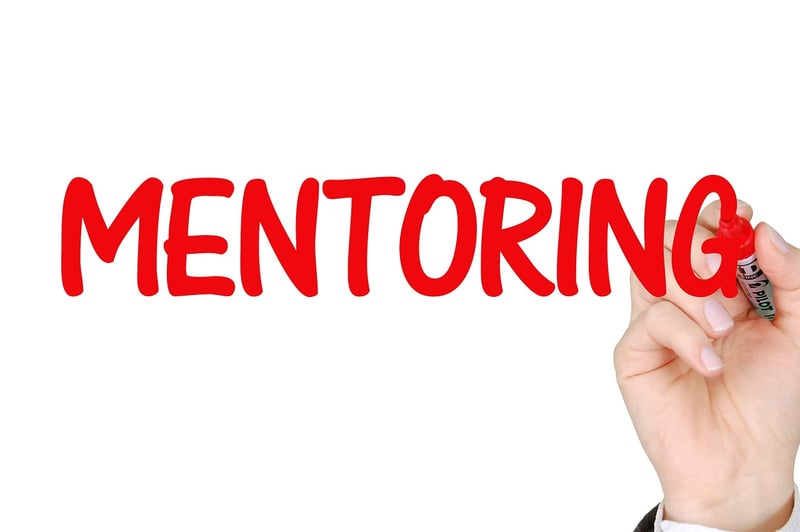Skills Development
Advancing in Your Field: Strategies and Skills Development
Introduction
Advancing in your field requires a combination of strategic planning and continuous skills development. Whether you are looking to climb the corporate ladder, transition to a new industry, or start your own business, honing specific skills and adopting effective strategies can significantly boost your career progression.
Strategies for Advancing in Your Field
1. Set Clear Goals
Define your long-term career objectives and break them down into smaller, achievable goals. Having a clear roadmap will help you stay focused and motivated throughout your journey.
2. Build a Strong Professional Network
Networking is crucial for career growth. Attend industry events, connect with professionals on platforms like LinkedIn, and seek mentorship from seasoned experts in your field.
3. Seek Continuous Learning Opportunities
Stay updated on industry trends, enroll in relevant courses or workshops, and pursue certifications to enhance your skill set. Lifelong learning is key to staying competitive.
4. Showcase Your Achievements
Don't be shy about highlighting your accomplishments. Update your resume, create a strong LinkedIn profile, and share your successes with your network to increase visibility.
5. Take on Challenges
Volunteer for new projects, lead initiatives, and take on responsibilities outside your comfort zone. Stepping up to challenges demonstrates your capabilities and willingness to grow.
Skills Development for Career Advancement
1. Communication Skills
Effective communication is essential in any profession. Work on honing your verbal and written communication skills to convey ideas clearly and build strong relationships.
2. Leadership Skills
Developing leadership qualities such as decision-making, problem-solving, and team management can set you apart as a valuable asset within your organization.
3. Adaptability
In today's rapidly changing work environment, being adaptable is crucial. Embrace new technologies, processes, and ways of working to stay agile and resilient.
4. Critical Thinking
Enhance your analytical and problem-solving abilities to make informed decisions and navigate complex challenges effectively.
5. Emotional Intelligence
Developing emotional intelligence allows you to understand and manage your emotions and those of others, fostering better collaboration and interpersonal relationships.
Conclusion
By implementing strategic approaches and focusing on skills development, you can propel your career forward and achieve your professional goals. Continuously assess your progress, adapt to changes in the industry, and embrace opportunities for growth to advance in your field successfully.

